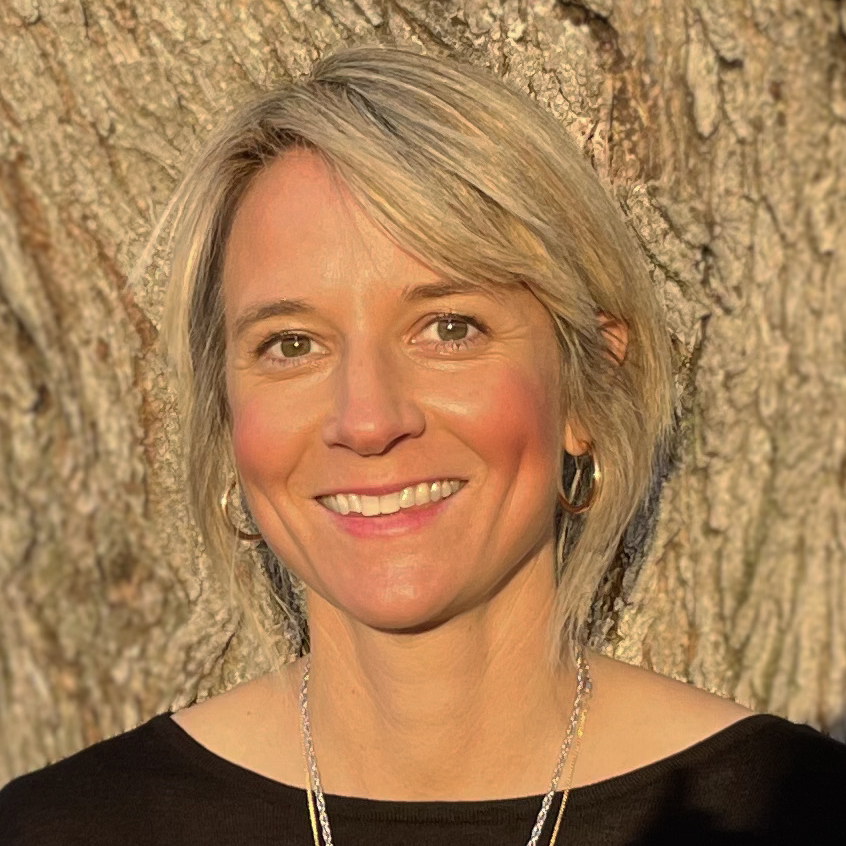Advance care planning — thinking about what kind of care you want and whom you want by your side at the end of your life — can be difficult under any circumstances. But for sexual and gender minority (SGM) patients — including individuals who identify as lesbian, gay, bisexual, asexual, transgender, queer, or intersex — those conversations are often made even more difficult due to stigma, fear, and discrimination.
Carey Candrian, PhD, associate professor of internal medicine at the University of Colorado School of Medicine, is senior author on new research, published in JAMA Network Open, that finds that SGM patients’ experiences of discrimination affect their selection of clinicians and cause concern about whether their end-of-life preferences will be honored.
Candrian and her fellow researchers collected survey data from SGM and non-SGM participants and conducted qualitative telephone interviews with SGM participants across the country, asking them about their end-of-life discussions with clinicians.
“These conversations are hard for everyone, because you’re talking about things like death and dying and serious illness and diagnosis,” Candrian says. “When you add in all these other factors that we know exist for SGM people — less likely to have a traditional family, more likely to have experiences with discrimination or mistrust in the health care system — it makes those conversations even harder. We're really trying to really understand what is happening and how these conversations impact it.”
Fears of disclosure
Advance care planning discussions can happen at any stage in a patient’s medical journey, not just when they are diagnosed with a serious illness. Doctors may ask the patient’s preferences on care measures such as ventilators, CPR, and artificial feeding, and whom the patient wants to speak or make decisions for them if they are unable to speak for themselves. Those conversations are often difficult for SGM patients who are not in heteronormative, legally recognized relationships or who have not disclosed their sexual or gender preferences to their parents or siblings.
“It can be a double bind — they don't feel comfortable in the health care system, and they also are not comfortable disclosing it to their family,” Candrian says. “The big tension that we found is, ‘How can I actually have a meaningful conversation if I am so worried about disclosing this core part of myself in terms of who I am, who I need by my side, and what I want?’ How can you ensure they're getting the care that they need if they can't disclose this critical information?”
Part of that worry for SGM patients is making such a disclosure part of their medical record, where it can be seen by other doctors if the patient has an accident or needs emergency care out of state. Many survey respondents had experienced discrimination based on their gender or sexual identity in other aspects of health care and were reluctant to share that information in care planning discussions.
Critical conversations
The paper notes that “more SGM-specific patient-centered care might better support these discussions within the health care system,” and that clinician sensitivity training may also help as well. Other paths to more constructive conversations could include indicating support for SGM patients — through a rainbow flag or other means — and changing standard questions from, for example, “Are you married? Do you have kids?” to “Do you have a partner? Do you live with anyone?”
“Several participants had really great ideas on how to improve these processes in terms of how to find forms and how to make them more accessible for people who don't fit the standard checkboxes,” Candrian says. “We need to collect this information in a way that doesn't perpetuate discrimination, but actually opens the door to having a really critical conversation with SGM people.”
The study data were collected between October 2020 and March 2021, and the authors note that in the wake of the Supreme Court’s decision that overturned Roe v. Wade and concerns about the future of the legal status of same-sex marriage in the U.S., the fears and concerns expressed by SGM participants about advance care planning may be more pronounced now and in the future.
“Now, perhaps more than ever, we need to bring more voices into the conversation around advance care planning than have been included before,” says lead and corresponding author Amanda Reich, PhD, MPH, an investigator at the Center for Surgery and Public Health at Brigham and Women’s Hospital in Massachusetts. “Clinicians have the opportunity to re-open how we talk about end-of-life care to be more inclusive and to understand why our patients may be fearful or hesitant to have these critical and deeply personal conversations.”




